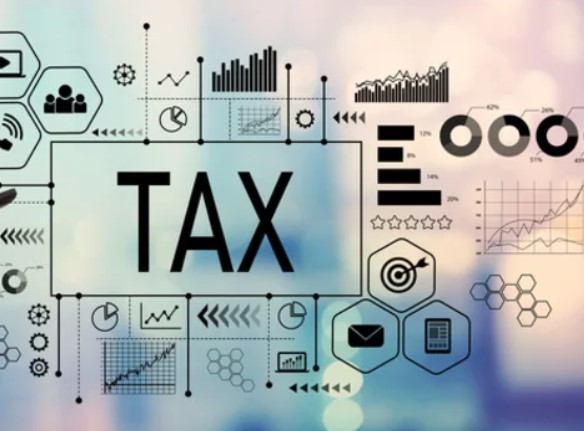Global Tax Reforms initiative got a positive head start as 130 countries have accorded their consent for change, and a global tax reform ensuring that multinationals pay their fair share wherever they operate, the OECD said on Thursday, but some EU states refused to sign up.
The Organization for Economic Co-operation and Development said in a statement that global companies, including US behemoths Google, Amazon, Facebook, and Apple would be taxed at a rate of at least 15 percent once the deal is implemented.
So what are the global tax reforms?

130 countries and jurisdictions, representing more than 90% of global GDP, joined the Statement establishing a new framework for international tax reform. A small group of the Inclusive Framework’s 139 members have not yet joined the Statement at this time. The remaining elements of the framework, including the implementation plan, will be finalised in October.
The framework updates key elements of the century-old international tax system, which is no longer fit for purpose in a globalised and digitalised 21st century economy.
The two-pillar package – the outcome of negotiations coordinated by the OECD for much of the last decade – aims to ensure that large Multinational Enterprises (MNEs) pay tax where they operate and earn profits, while adding much-needed certainty and stability to the international tax system.
Pillar One will ensure a fairer distribution of profits and taxing rights among countries with respect to the largest MNEs, including digital companies. It would re-allocate some taxing rights over MNEs from their home countries to the markets where they have business activities and earn profits, regardless of whether firms have a physical presence there.
Pillar Two seeks to put a floor on competition over corporate income tax, through the introduction of a global minimum corporate tax rate that countries can use to protect their tax bases.
The new tax regime is to add some $150 billion to government coffers globally once it comes into force, which the OECD said it hoped would be in 2023.
“The framework updates key elements of the century-old international tax system, which is no longer fit for purpose in a globalised and digitalised 21st century economy,” the OECD said.
The formal agreement follows an endorsement by the G7 group of wealthy nations last month, and negotiations now move to a meeting of the G20 group of developed and emerging economies on July 9-10 in Venice, Italy.
US President Joe Biden said the latest deal “puts us in striking distance of full global agreement to halt the race to the bottom for corporate taxes.”
Germany, another backer of the tax reform, hailed it has a “colossal step towards tax justice”, and France said it was “the most important tax agreement in a century”.
British finance minister Rishi Sunak, whose country holds the G7 presidency, said “the fact that 130 countries across the world, including all of the G20, are now on board, marks a further step in our mission to reform global tax”.
But European Union low-tax countries Ireland and Hungary declined to sign up to the agreement reached in the OECD framework, the organisation said, highlighting lingering divisions on global taxation.
Both countries are part of a group of EU nations also including Luxembourg and Poland that have relied on low tax rates to attract multinationals and build their economies.


